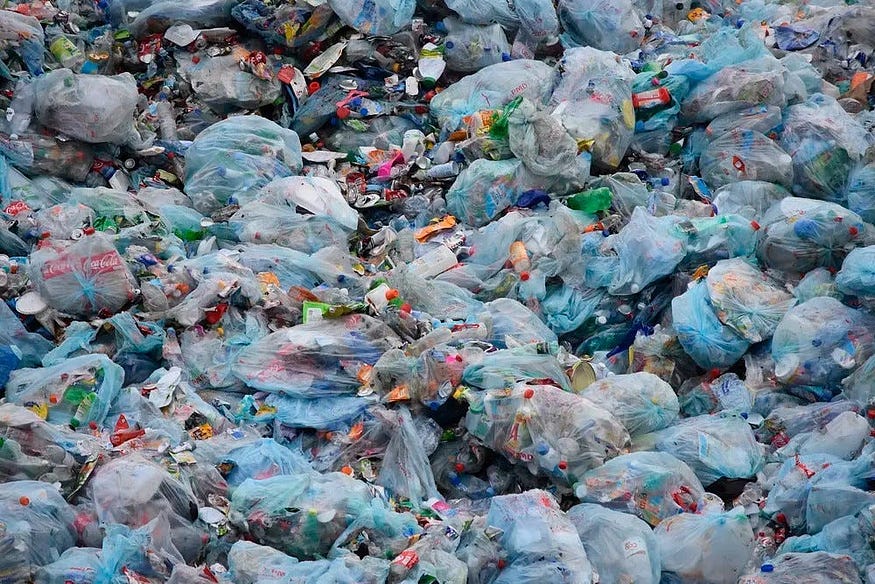Incinerators in Kerala: Are They Bad for the Environment?

As Kerala grapples with the challenges of waste management, the use of incinerators has become a topic of significant debate. Incinerators are facilities designed to burn waste at high temperatures, reducing it to ash and gases. While they offer a solution to the growing waste crisis, concerns have been raised about their environmental impact. This article examines the implications of incinerators in Kerala and their potential effects on the environment.
The Role of Incinerators in Waste Management
In Kerala, the increasing population and urbanization have led to a surge in waste generation. Traditional waste management methods, such as landfilling, are becoming increasingly unsustainable. Incinerators are being proposed as an alternative for managing municipal solid waste, offering a means to reduce the volume of waste significantly. By converting waste into energy, incinerators can also contribute to the local power supply.
Environmental Concerns Associated with Incinerators
While incinerators can play a role in waste management, they also come with significant environmental concerns:
1. Air Pollution
One of the most critical issues associated with incinerators in Kerala is air pollution. The combustion of waste can release harmful pollutants, including dioxins, furans, and particulate matter, into the atmosphere. These emissions can have detrimental effects on air quality and public health.
Impact: Prolonged exposure to air pollutants can lead to respiratory diseases, cardiovascular issues, and other health problems in nearby communities.
2. Greenhouse Gas Emissions
Although incinerators reduce the volume of waste, they can also contribute to greenhouse gas emissions. The burning process releases carbon dioxide and other gases, which can exacerbate climate change.
Impact: As Kerala aims to become a more sustainable and eco-friendly state, the carbon footprint of incinerators raises concerns about their long-term viability as a waste management solution.
3. Resource Recovery Limitations
Incinerators do not facilitate recycling or resource recovery as effectively as other waste management methods. Valuable materials, such as metals and plastics, are often lost in the combustion process.
Impact: This inefficiency can undermine Kerala’s efforts to promote a circular economy, where resources are reused and recycled, reducing the need for new materials.
Alternatives to Incineration
Given the environmental concerns associated with incinerators in Kerala, it is essential to explore alternative waste management strategies. Some viable options include:
1. Recycling and Composting
Enhancing recycling programs and promoting composting can significantly reduce the amount of waste sent to incinerators. By recovering materials and converting organic waste into compost, Kerala can minimize landfill use and incineration.
2. Waste-to-Energy Technologies
Investing in advanced waste-to-energy technologies can provide cleaner alternatives to traditional incineration. These methods focus on energy recovery while minimizing harmful emissions, ensuring a more sustainable approach to waste management.
3. Public Awareness and Community Involvement
Increasing public awareness about waste management practices and encouraging community involvement can foster a culture of sustainability. Educational programs can promote recycling, composting, and responsible waste disposal, ultimately reducing the waste generated.
Conclusion
While incinerators in Kerala may offer a short-term solution to the growing waste crisis, their environmental impact raises significant concerns. Air pollution, greenhouse gas emissions, and resource recovery limitations are critical issues that must be addressed. As Kerala moves towards a more sustainable future, prioritizing alternative waste management strategies such as recycling, composting, and waste-to-energy technologies will be essential. By doing so, Kerala can effectively manage its waste while protecting the environment and public health.

Comments
Post a Comment